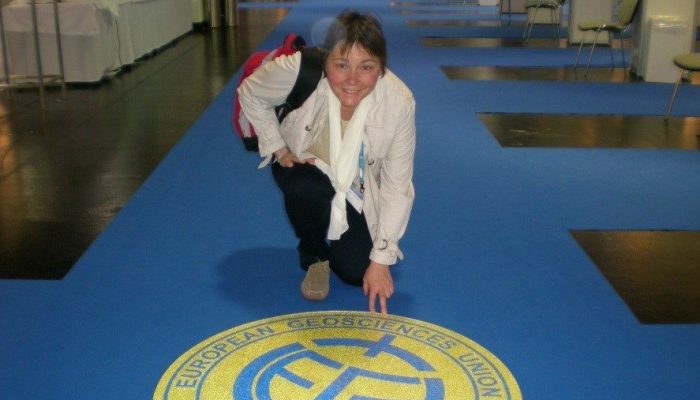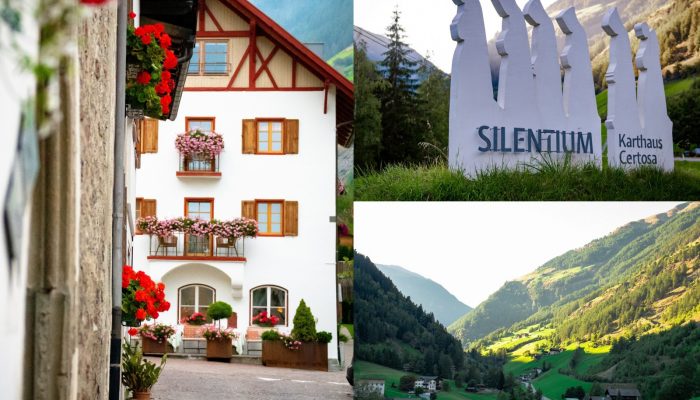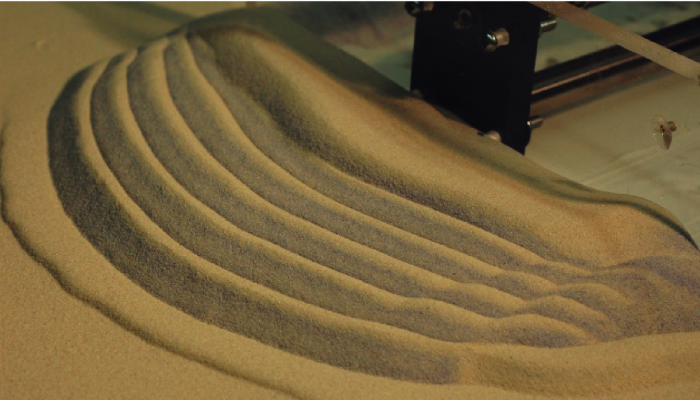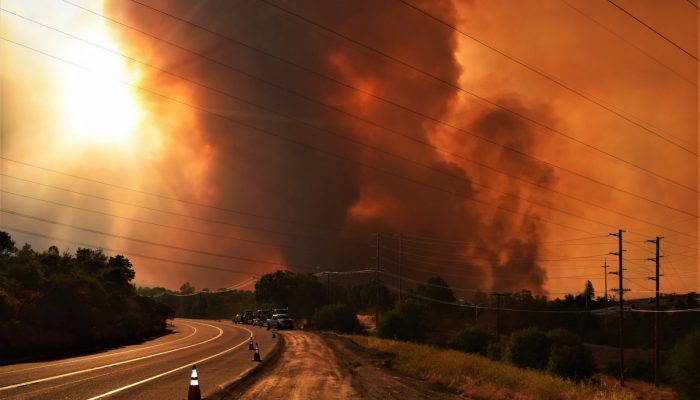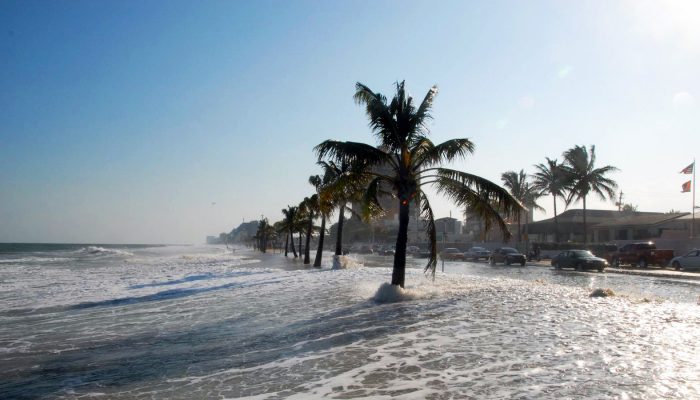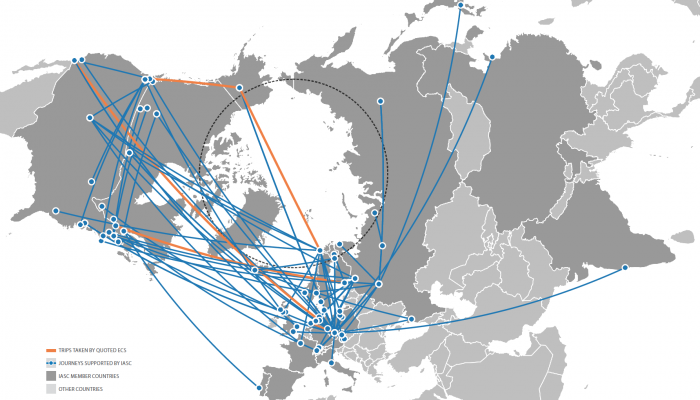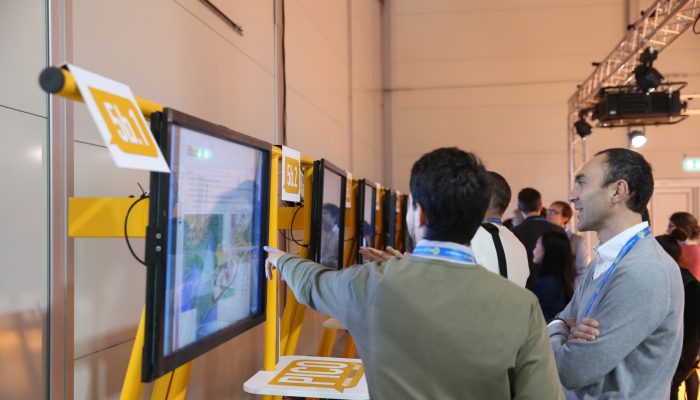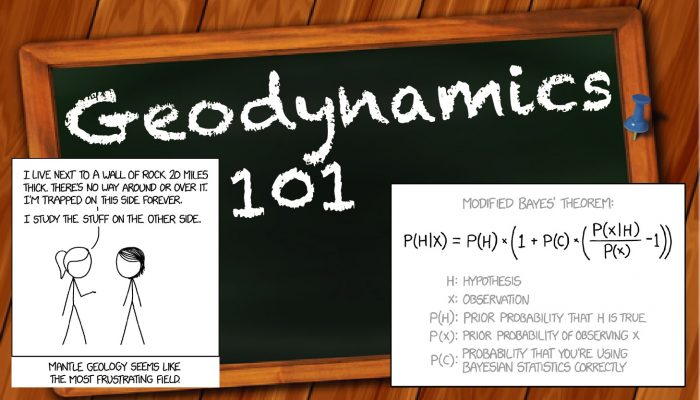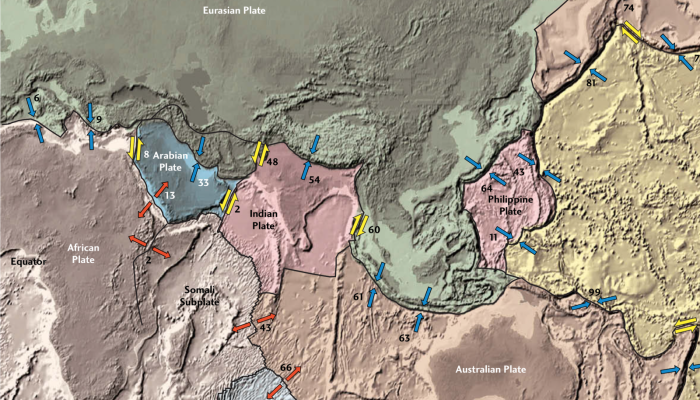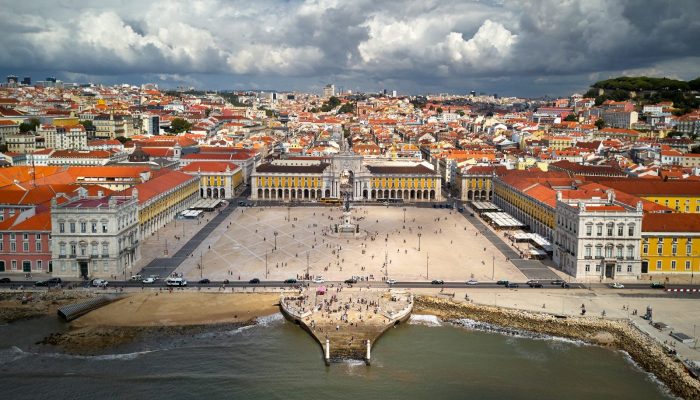GeoTalk interviews usually feature the work of early career researchers, but this month we deviate from the standard format to speak to Marina Drndarski, a biology teacher at the primary school Drinka Pavlović in Belgrade, Serbia. Marina has been involved with EGU’s geoscience education activities for more than five years; she is an active contributor to Planet Press articles, bitesize press relea ...[Read More]
If you didn't find what you was looking for try searching again.
Cryospheric Sciences
Image of the Week – Karthaus Summer School 2018
Nearly every year since the late 90s, during the summer, the picturesque Karthaus has hosted 10-day glaciology course. This school is a platform for glaciologists to explore, learn and expand their knowledge base. This helps researchers become multi-faceted: to view glaciology from the perspective of those specializing in other backgrounds such as hydrology, geomorphology, oceanography, etc. which ...[Read More]
Geodynamics
Thoughts on geological modelling: an analogue perspective
In geodynamics we study the dynamics of the Earth (and other planets). We ground our studies in as much data as possible, however we are constrained by the fact that pretty much all direct information we can collect from the interior of the Earth only shows its present-day state. The surface rock record gives us a glimpse into the past dynamics and evolution of our planet, but this record gets spa ...[Read More]
GeoLog
A better framework for disasters
The end of the Northern hemisphere summer tends to be a good time to regroup from natural hazards, as the frequency and intensity of storms, as well as the incidence of wildfires, tends to trail off. At the time of writing, however, Hurricane Willa had just crashed into Mexico, while Typhoon Yutu has just hit the Northern Mariana Islands so hard that any equipment designed to record wind-speed had ...[Read More]
GeoLog
October GeoRoundUp: the best of the Earth sciences from around the web
Drawing inspiration from popular stories on our social media channels, major geoscience headlines, as well as unique and quirky research, this monthly column aims to bring you the latest Earth and planetary science news from around the web. Major story In October, the UN Intergovernmental Panel on Climate Change (IPCC) released a landmark report and summary statement that detailed the severe conse ...[Read More]
Cryospheric Sciences
Image of the Week – Promoting interdisciplinary science in the Arctic: what is IASC?
The Arctic is one of the fastest changing regions on the Earth, where climate change impacts are felt both earlier and more strongly than elsewhere in the world. As an integral part of the Earth system, the Arctic is shaped by global processes, and in turn, Arctic processes influence the living conditions of hundreds of millions of people at lower latitudes. No one country or community can underst ...[Read More]
GeoLog
Try something different at EGU 2019– choose a PICO session!
Some of the sessions scheduled for the upcoming EGU General Assembly are PICO only sessions. This means that, rather than being oral or poster format, they involve Presenting Interactive COntent (PICO). The aim of these presentations is to highlight the essence of a particular research area – just enough to get the audience excited about a topic without overloading them with information. What’s gr ...[Read More]
Geodynamics
Inversion 101 to 201 – Part 3: Accounting for uncertainty – Bayes and friends
The Geodynamics 101 series serves to showcase the diversity of research topics and methods in the geodynamics community in an understandable manner. We welcome all researchers – PhD students to professors – to introduce their area of expertise in a lighthearted, entertaining manner and touch upon some of the outstanding questions and problems related to their fields. This time, Lars Gebraad, PhD s ...[Read More]
Tectonics and Structural Geology
Meeting Plate Tectonics – Xavier Le Pichon
These blogposts present interviews with outstanding scientists that bloomed and shape the theory that revolutionised Earth Sciences — Plate Tectonics. Get to know them, learn from their experience, discover the pieces of advice they share and find out where the newest challenges lie! Meeting Xavier Le Pichon Prof. Xavier Le Pichon is one of the pioneers of the theory of plate tectonics. He develop ...[Read More]
Tectonics and Structural Geology
Lisbon at the dawn of modern geosciences
Here, where the land ends and the sea begins... Luís de Camões (Portuguese poet) Lisbon. Spilled over the silver Tagus River, it is known by its beautiful low light, incredible food and friendly people. Here, cultures met, and poets dreamed, as navigators gathered to plan their journeys to old and new worlds. Fustigated by one of the greatest disasters the world has ever witnessed, Lisbon is inter ...[Read More]

